Born and raised in Cleveland, Ohio, Peter Carfagna studied at Harvard before going to Oxford. After Harvard Law School, he joined Jones Day, rising to the position of senior partner, before then serving as Chief Legal Officer & General Counsel of International Management Group (IMG). He now teaches sports and entertainment law at Harvard Law School and he and his wife, Rita, are active in educational and community causes and philanthropy. He has also served for many years as class secretary for the Rhodes Scholars’ class of 1975. This narrative is excerpted from an interview with the Rhodes Trust on 25 January 2024.
Peter Carfagna
Ohio & University 1975
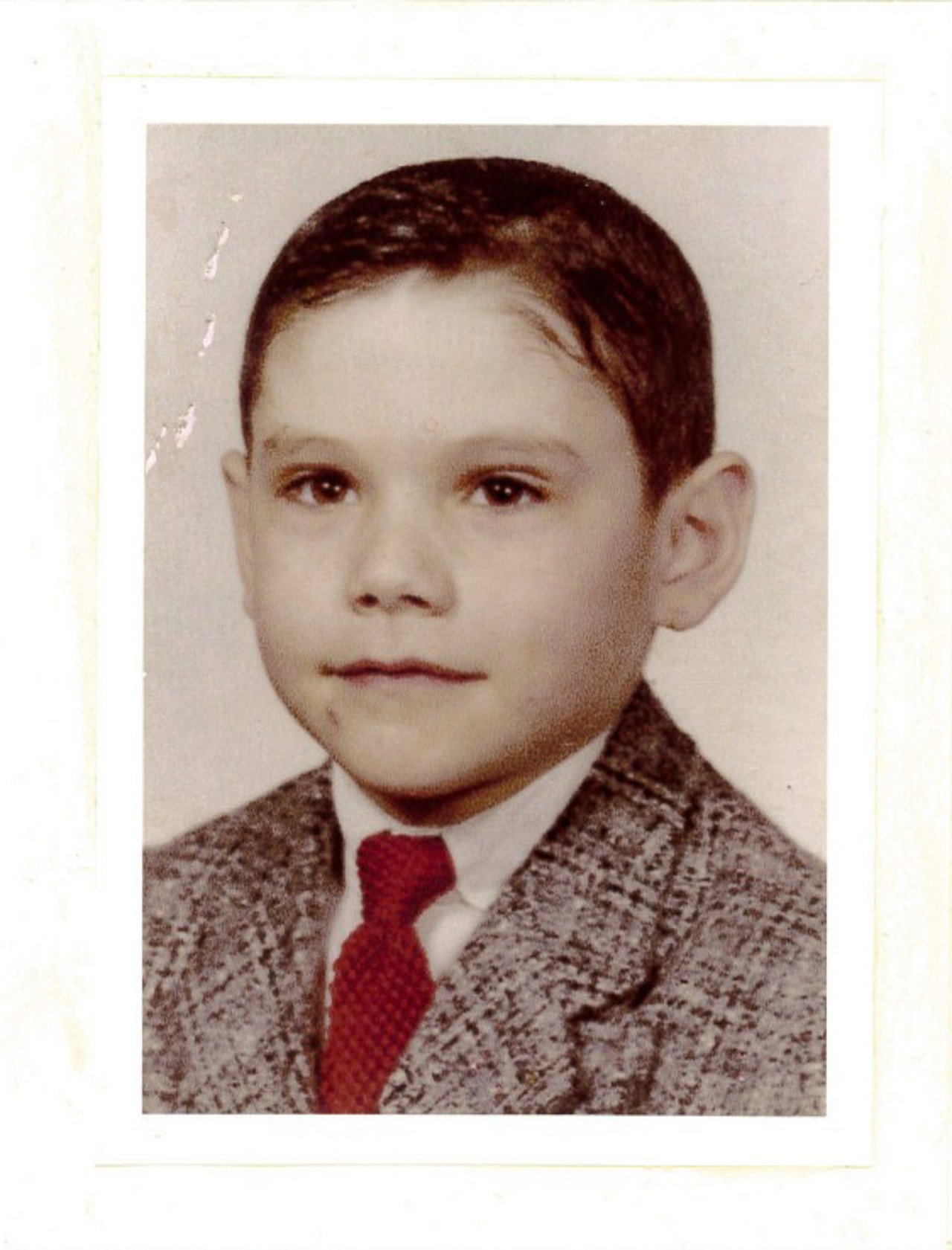
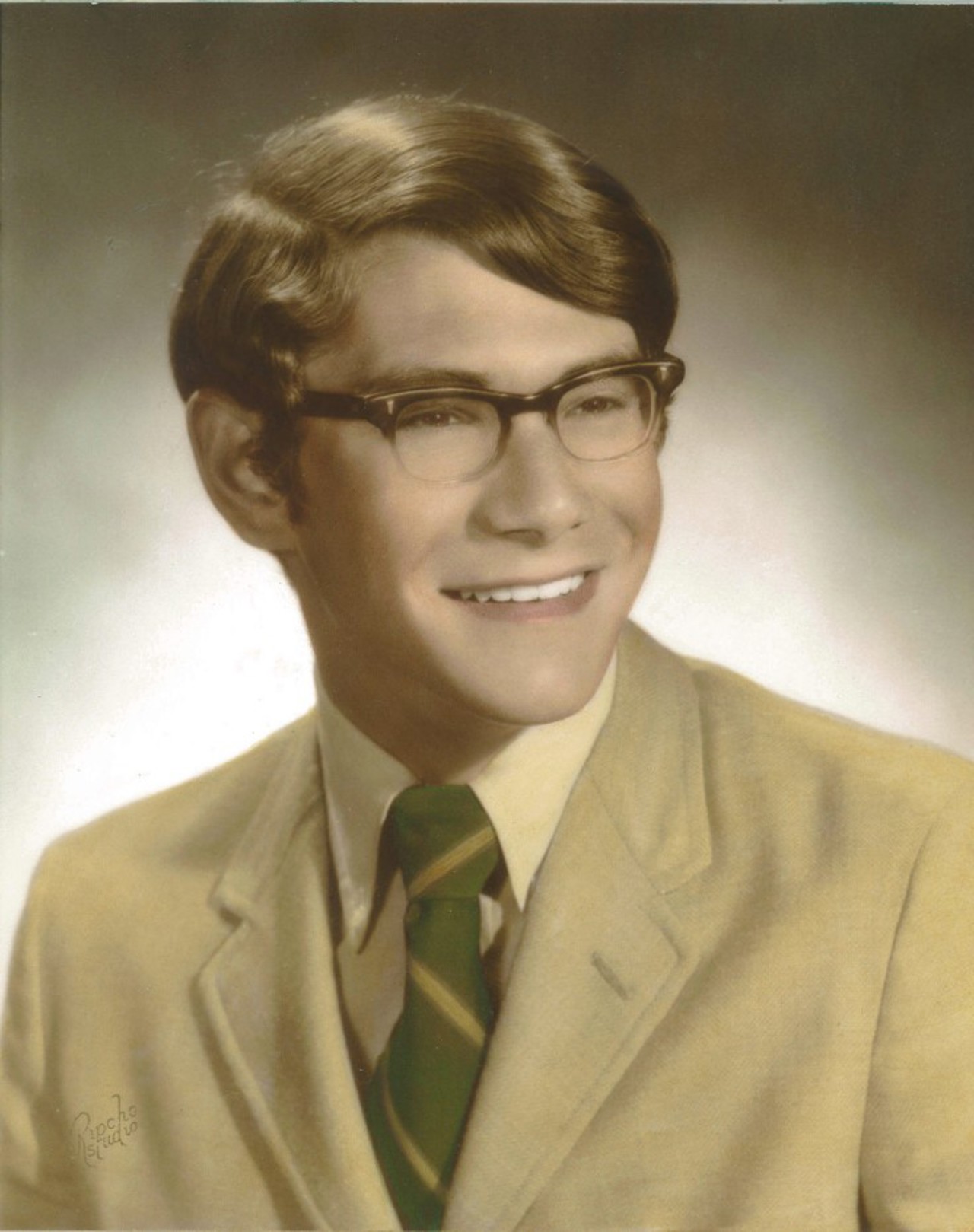
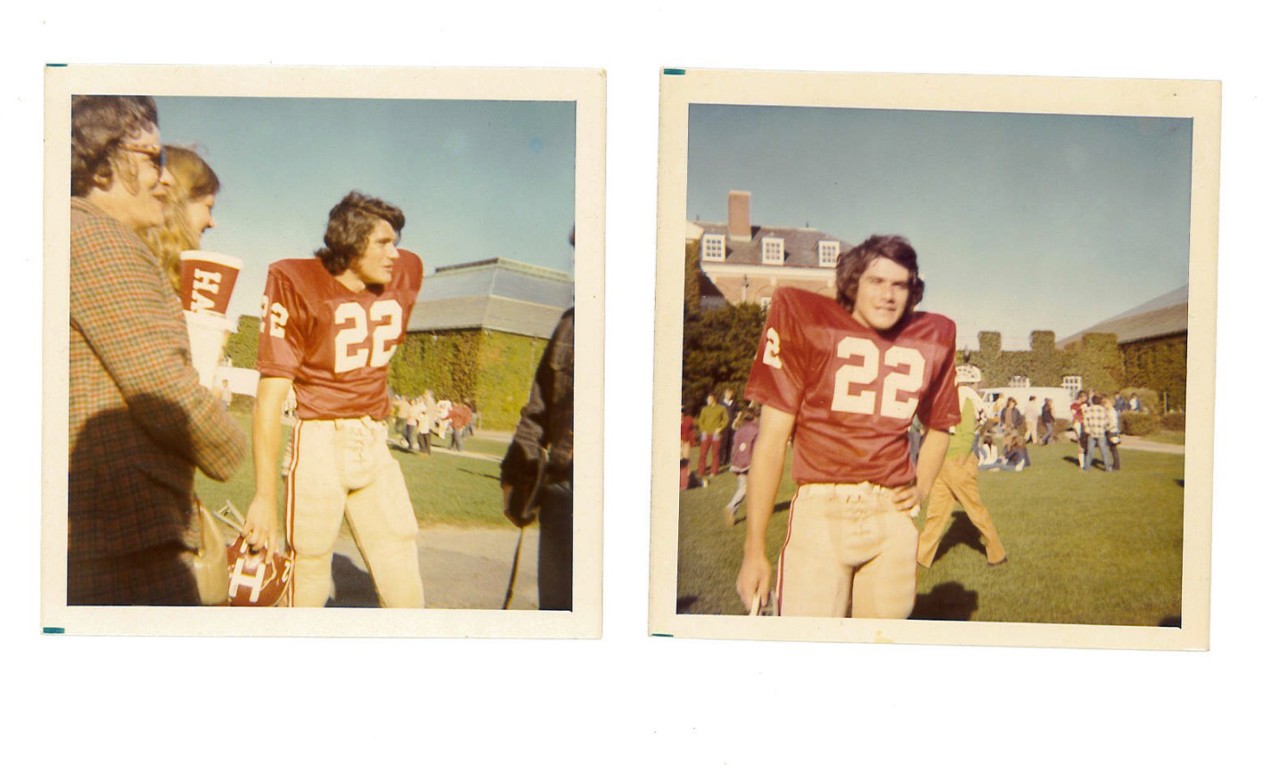
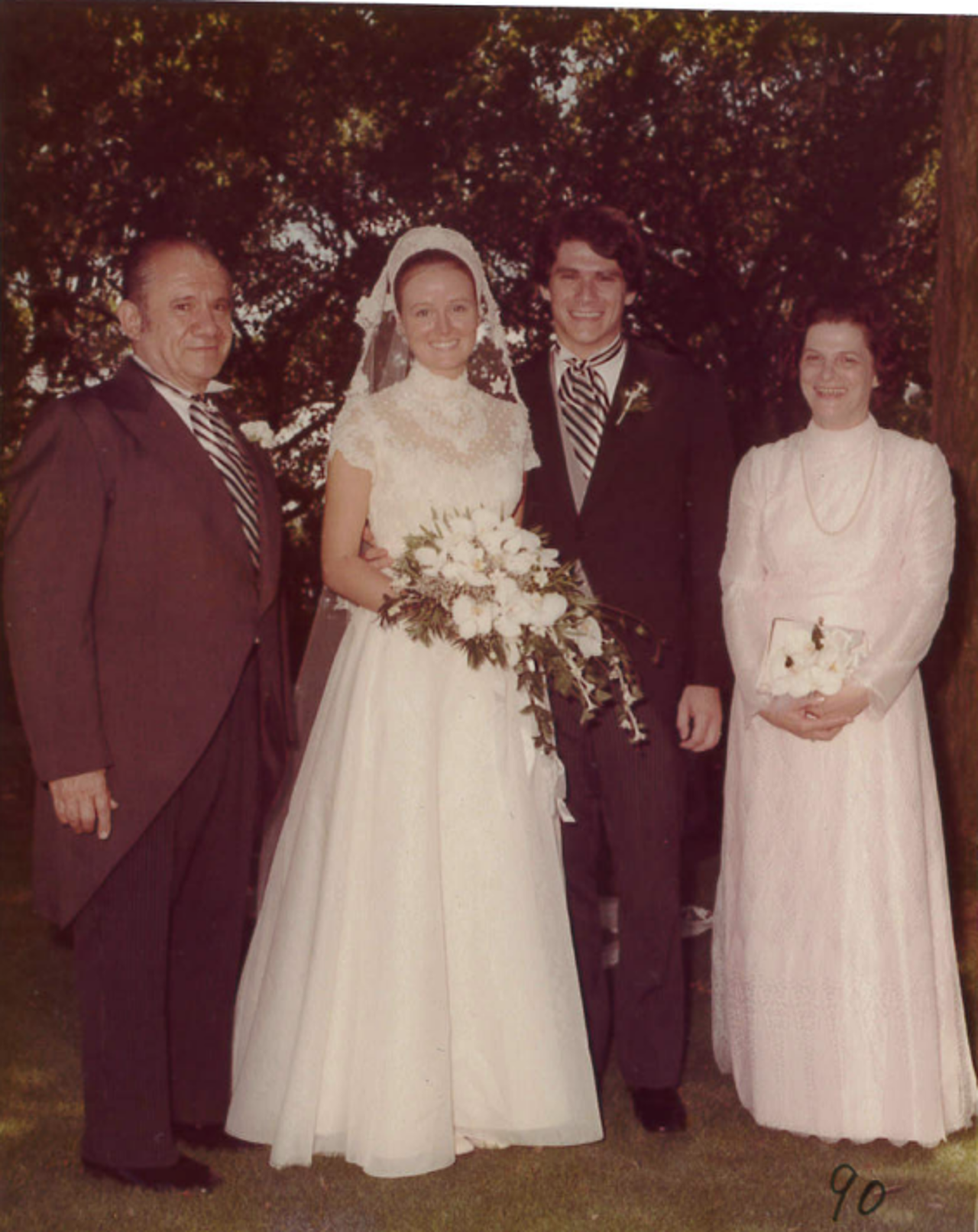
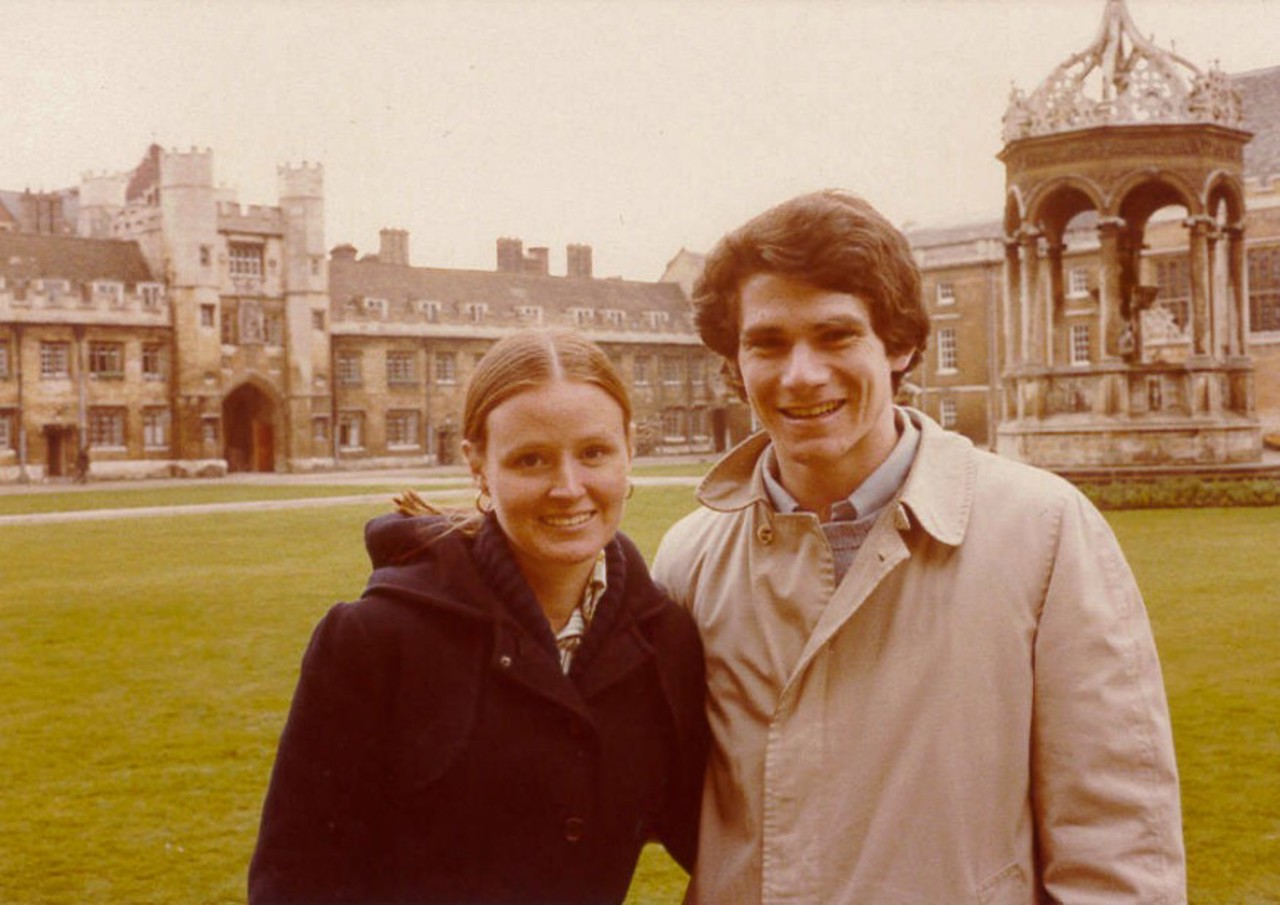
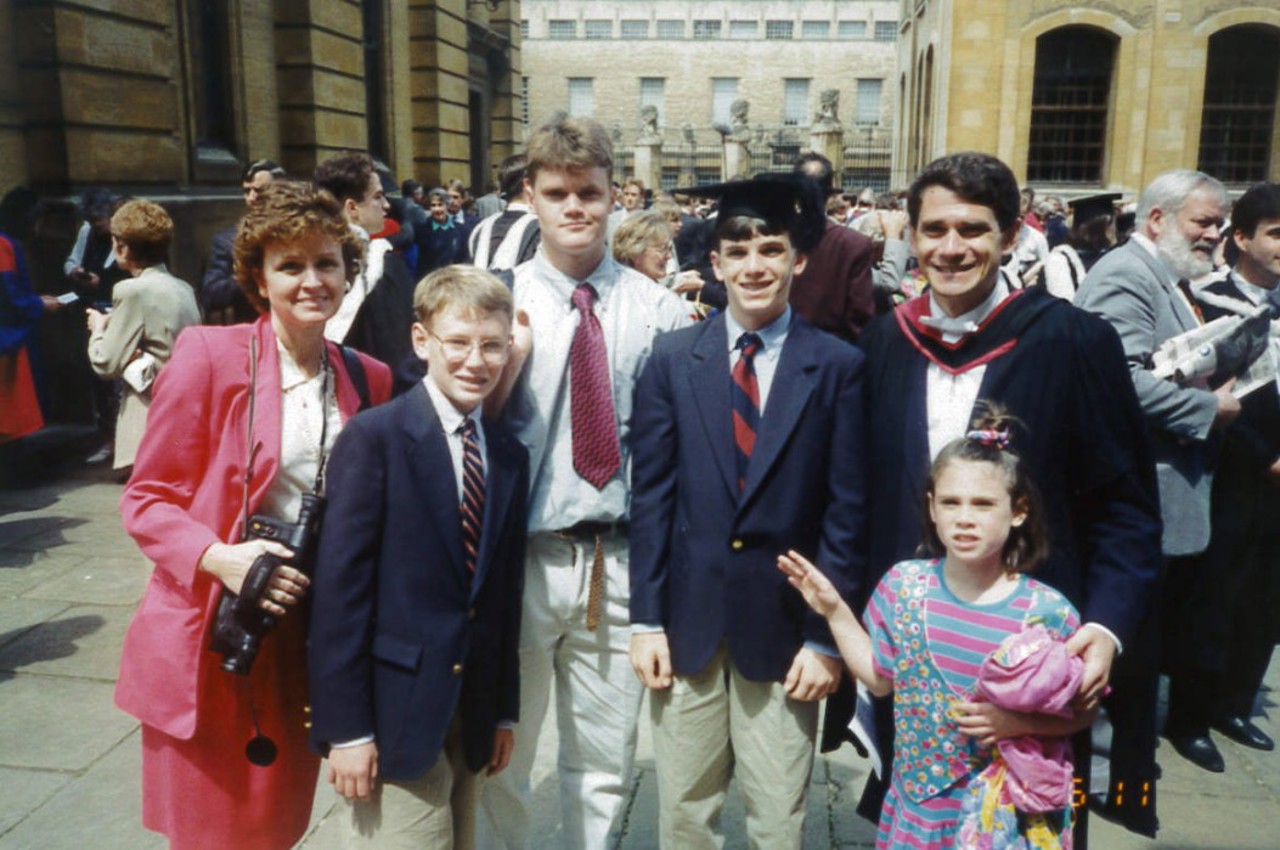
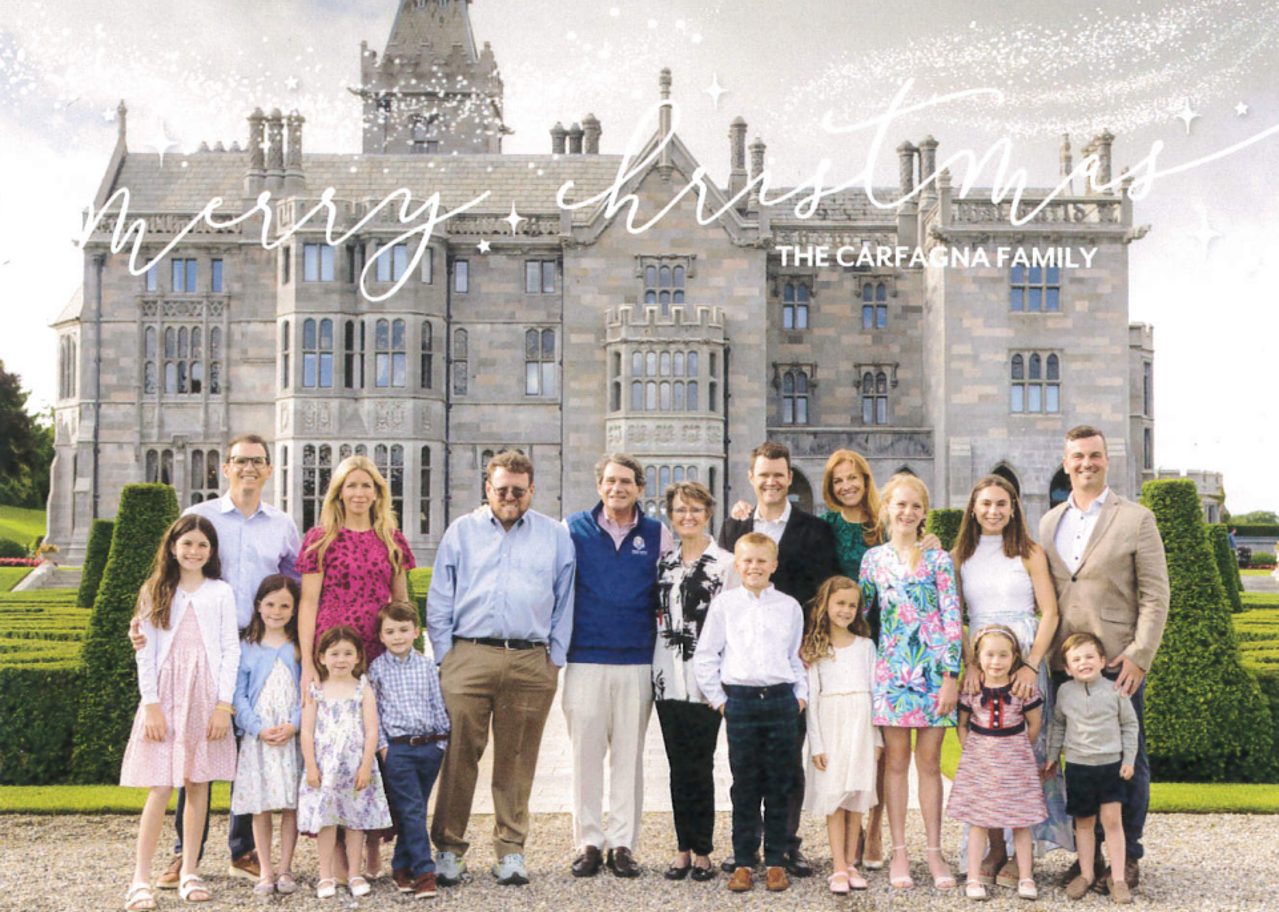
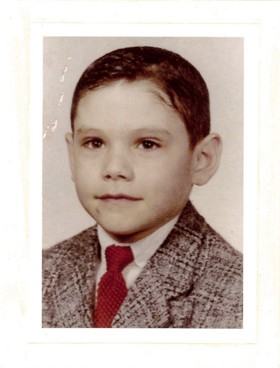
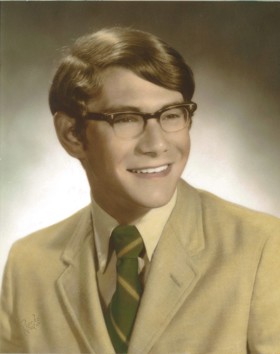
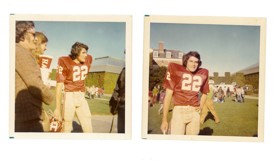
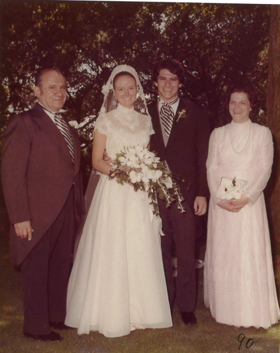
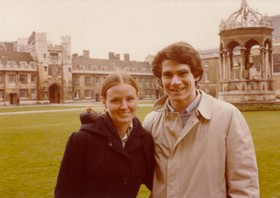
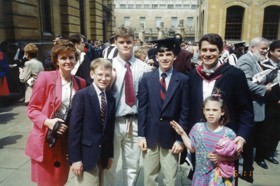
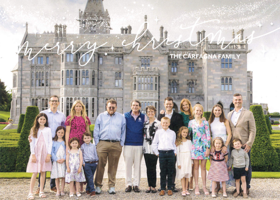
‘Faith, family – and sports!’
I still live a couple of blocks away from where I was born and it has always been a familial, supportive community. Both my grandfathers moved to Cleveland to serve the Italian American community. One was a doctor and one was a dentist, and we were very much brought up with the idea that you should pursue a profession.
My wife and I grew up together: I always joke that I fell for her in first grade, but that she didn’t fall for me until second grade. At school, she and I competed with each other academically and our education was very rigorous, very demanding.
Sports were huge for me, and they were also the language that my dad and I spoke with one another. When I went on to high school, which was the local Jesuit school, I thought I’d try out for the football team there, but there were 120 kids trying out that August. I like a challenge so I hung on in there, but it was a lesson in how you have to fight through and in the importance of being available and being competent.
I never thought about going to Harvard, but one of the teachers at school suggested I should try for it. It all came together when Harvard gave me a very generous financial aid package, so that was where I went. When it came to football, it was like high school all over again. The place came with an offer to play, but it was still, ‘You’re one of many.’ But I thought, ‘You’ve done that before, you can do it again,’ and I waited it out until I was able to take up a place on the team.
On applying for the Rhodes Scholarship
I was all set to go to law school and then the head of my house at Harvard told me that he thought I’d be a good candidate for the Rhodes. I remember writing out the application essay on a Sunday afternoon with a Browns game somehow on in the background and all the time thinking, ‘Well, this is a throwaway. This isn’t going to happen.’ I knew that there were guys in my class who were way up there in terms of sporting achievement and off the charts in their academic work. So, I just mailed the application and thought, ‘Well, I’ll never hear from them.’
In some ways, that feeling continued through the interview process. At each stage, I thought, ‘Wow, they haven’t found me out yet. They’re not onto me. Maybe these guys aren’t as smart as I thought!’ I have to say that the interview was a real grilling. Even the most intense cross-examination was nothing like this. They pushed and pushed to find how much I really knew about my major, which was classics.
I was so sure I hadn’t won the Scholarship that I remember thanking the interviewers, you know, for giving me such a nice trip. When they read out the names of the successful candidates and mine was on it, I thought that they must have made a mistake and were reading the names of who should leave the room.
‘The very best kind of amusement park’
Going to Oxford, for me, felt like going to an early heaven. Everything and anything you ever dreamed about in terms of breadth and depth of academics and extra-curriculars was available to you. You just kept pinching yourself, saying, ‘I’m the luckiest person in the world to be here.’
Originally, I’d thought I would read classics at Oxford, but I chose instead to study law. And I think the most unexpected and wonderful thing about all of it was the sheer rigour of the academic experience. I mean, John Finnis was there. Ronald Dworkin was there. I was getting to hear from people who were creating new paths around the very concept of law. How exquisite those academic experiences were. And in Oxford, there was always something interesting going on, academically or otherwise. It was like the very best kind of amusement park. You could go on a different ride every day and have a different confection at the food stand, so to speak.
There was so much to do that I didn’t even join a sports team, though I worked out almost every day. A few friends and I did create the first ever softball league in Oxford. We played on Saturday afternoons in the Parks and other people there would watch us and say, ‘What the hell are you guys doing?’ We’d just say, ‘Oh, it’s sort of like cricket…’
My wife, Rita, and I were married just before my second year at Oxford. We’d planned to get married sooner, but the rule for Rhodes Scholars then was that you weren’t allowed to be married in your first year. The second year was great: at weekends, we’d go together with other couples to the theatre in London or to explore the Cotswolds or other parts of the UK. A group of us from that year – Michael Sandel (Massachusetts & Balliol 1975), Pat Haden (California & Worcester 1975) and Russell Feingold (Wisconsin & Magdalen 1975) – became best buddies. We would go on vacation together and we’d be exploring the boundaries of what it meant to talk about Rawls and theories of justice, discussing law and jurisprudence. It was very deep and very rich. We all took from our discussions into our professional lives and that time became the foundation of the strongest friendships, which still sustain us today.
‘The same mantra’
After Harvard Law, I went to work at Jones Day in Cleveland, and I picked Jones Day because they had a very active practice of representing the owners of the Cleveland major league teams. I made it my business to work my way onto those accounts as and when I could. You couldn’t elbow your way in – everybody wanted to work on them – but again, it was the same story for me: I was available, I was competent, I kept at it. And after a particularly tough case where we were representing International Management Group (IMG) and we won, IMG basically hired me to run their legal department.
That was the beginning of a wonderful relationship with the ownership group’s families, and it happened at a time when the sports and entertainment world was just exploding with talent. It was hugely exciting. Then, the owner of IMG got sick and it was the toughest time, managing the decision to sell off IMG. But it was the same mantra that got me through: faith, family, availability, competency, integrity, transparency.
The invitation to teach at Harvard came after that. I started guesting for the brilliant Paul Weiler, who is the father of sports in the law, and it went from there. The way I still teach and have always taught is to bring my practice into the classroom. I’m not a theory guy, so what I do is bring in real-world scenarios and we work on it together – ‘Help me solve this’ – like being in a firm.
'The best is yet to be'
I’d say that quotation from Robert Browning, which is from a love poem, holds good for all of us, at so many times of our lives. And especially to those who are Rhodes Scholars at the moment, I would say, keep that in mind: don’t ever hesitate. Allow for course corrections, sure, but never stop believing in yourself. The best is yet to be!
At moments when you’re finding it difficult, look to your guardian angels. There are certainly times when I’ve felt like I was going over the precipice, losing my compass and my core, and in those moments, what has saved me has been the people around me. Looking back, I feel I’ve had a number of guardian angels looking out for me, the right people in the right place at the right time.
What matters to me now is what has always mattered to me: faith, family, doing the best I can to help people in the way I’m able to do that. Passing on my faith and my family traditions, you know, it’s worth giving the rest of my life to that. Rita and I both have our passion projects, and those include contributing to scholarships at my high school and at Harvard and supporting the Rhodes Trust, alongside working to help people across the world who find themselves in difficulties. For us, it’s about feeling like you’re making a difference, changing a life, helping a good life get better.
